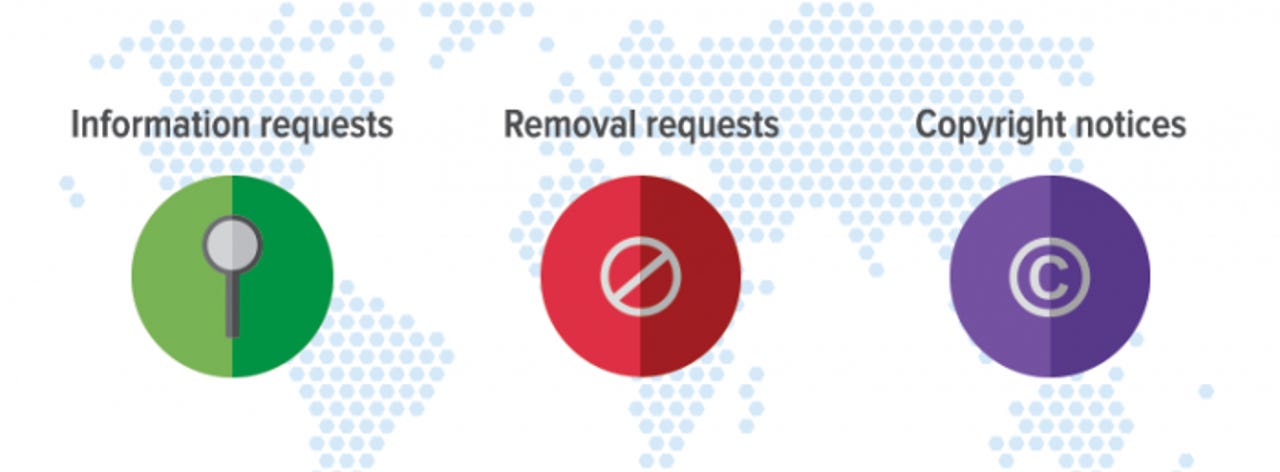Twitter Transparency Report sees uptick in removal requests worldwide


Twitter has rolled out the latest edition of its global Transparency Report, this time with a few new notable data points.
The microblogging service first starting publishing its bi-annual transparency report in July 2012. Prior to this week, the most recent update was published in January.
Much like the version we see from Google time to time, Twitter's report reveals insights into the number of government requests it receives concerning account information, content removal, and copyright notices.
The San Francisco-based operation also asserted that the report describes how Twitter takes action -- or not.
There have been a few changes and upticks since January.
For starters, Twitter now differentiates data about types of requests it receives from the U.S. Government under the Mutual Legal Assistance Treaty (MLAT) and also the percentage of requests about pen register/trap-and-trace orders.
Furthermore, the number of requests to withhold content altogether on Twitter has jumped from two countries to seven in just six months.
Joining France and Japan are Brazil, India, Japan, the Netherlands, and Russia.
Some examples: Twitter received a court order to remove a defamatory account in Brazil, as well as a request from German law enforcement to remove an account based on its association with a banned neo-Nazi organization in Germany.
Given the debate and sensitivity around data stemming from social networks in the wake of the NSA PRISM program scandal that erupted in June, Twitter leadership acknowledged this is an issue related to the report.
Yet, Jeremy Kessel, manager of legal policy at Twitter, explained further in a blog post on Wednesday morning that the social network still can't be as transparent as it might like to be:
An important conversation has begun about the extent to which companies should be allowed to publish information regarding national security requests. We have joined forces with industry peers and civil liberty groups to insist that the United States government allow for increased transparency into these secret orders. We believe it’s important to be able to publish numbers of national security requests – including FISA disclosures – separately from non-secret requests. Unfortunately, we are still not able to include such metrics.
The full report is available online now.
Image via The Official Twitter Blog